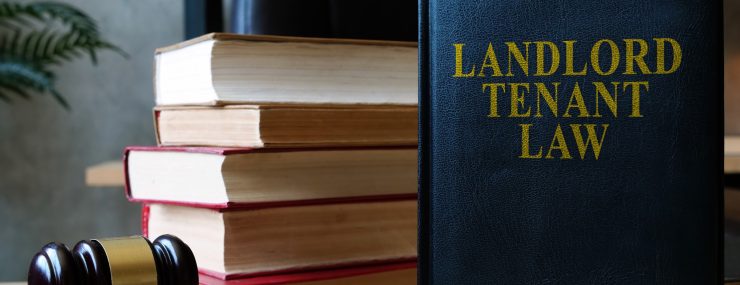Florida is known for its picturesque beaches, year-round warm climate, and booming real estate market. Southwest Florida, in particular, is a hub for both residential and vacation properties. As the real estate market continues to thrive, many property owners are considering the option of renting out their homes. Whether you’re a seasoned landlord or just starting out, it’s essential to be familiar with the landlord-tenant laws in Florida to ensure a smooth and lawful rental process. In this post, we’ll go over some of the most important aspects of Florida’s landlord-tenant laws. However, for clarification or further assistance, we highly recommend seeking the advice of a licensed attorney experienced in these laws.
Security Deposits
Limit and Return
Florida does not set a maximum amount that a landlord can charge as a security deposit. However, landlords are required to return the security deposit within 15 to 60 days after the tenant moves out, depending on whether the tenant disputes any deductions.
Storage Requirements
Landlords must keep the security deposit in a non-interest-bearing account in a Florida banking institution or post a surety bond for the amount of the deposit.
Lease and Rental Agreements
- Lease agreements can be oral or written, but it’s always advisable to have a written lease to avoid any misunderstandings. The lease should outline the rent amount, due date, and other essential terms.
- Landlords are required to provide tenants with specific disclosures, such as the details of where the security deposit is held.
Right to Enter
Florida’s law allows landlords to enter rented premises for specific reasons, such as making repairs or showing the property to prospective renters. However, they must give at least 12 hours notice and enter at a reasonable time.
Evictions
Evictions can be a complex process, but some common reasons for eviction include non-payment of rent and violation of lease terms. Landlords must provide a written notice, and the duration varies depending on the cause of eviction.
Fair Housing
Florida adheres to the federal Fair Housing Act, which prohibits discrimination based on race, religion, national origin, gender, disability, and familial status. Additionally, the Florida Fair Housing Act adds age and marital status to the list of protected classes.
Repairs and Maintenance
Landlords are responsible for maintaining the property in a habitable condition. This includes complying with all health and safety codes, making necessary repairs, and providing running water.
Ending or Renewing a Tenancy
Unless the lease specifies otherwise, landlords and tenants must give at least 60 days’ notice to end a tenancy. If the tenant stays beyond the lease term without the landlord’s permission, the landlord can charge double the rent for each day the tenant remains on the property.
Douglas Realty Can Help You Navigate Florida’s Landlord-Tenant Laws
The landlord-tenant relationship in Florida is governed by a set of laws that aim to protect the rights and interests of both parties. As a landlord, it’s crucial to stay informed and updated on these laws to ensure a successful and compliant rental business.
If you are a property owner in Southwest Florida, including Cape Coral, Fort Myers, San Carlos, Lehigh Acres, Port Charlotte, Punta Gorda, and North Port, and are looking for professional property management services, Douglas Realty Property Management is here to assist. With our vast experience and in-depth knowledge of the Florida real estate market, we can help you navigate the complexities of property management. Reach out to us at 239-542-6906 or contact us online to discuss how we can serve your property management needs.

